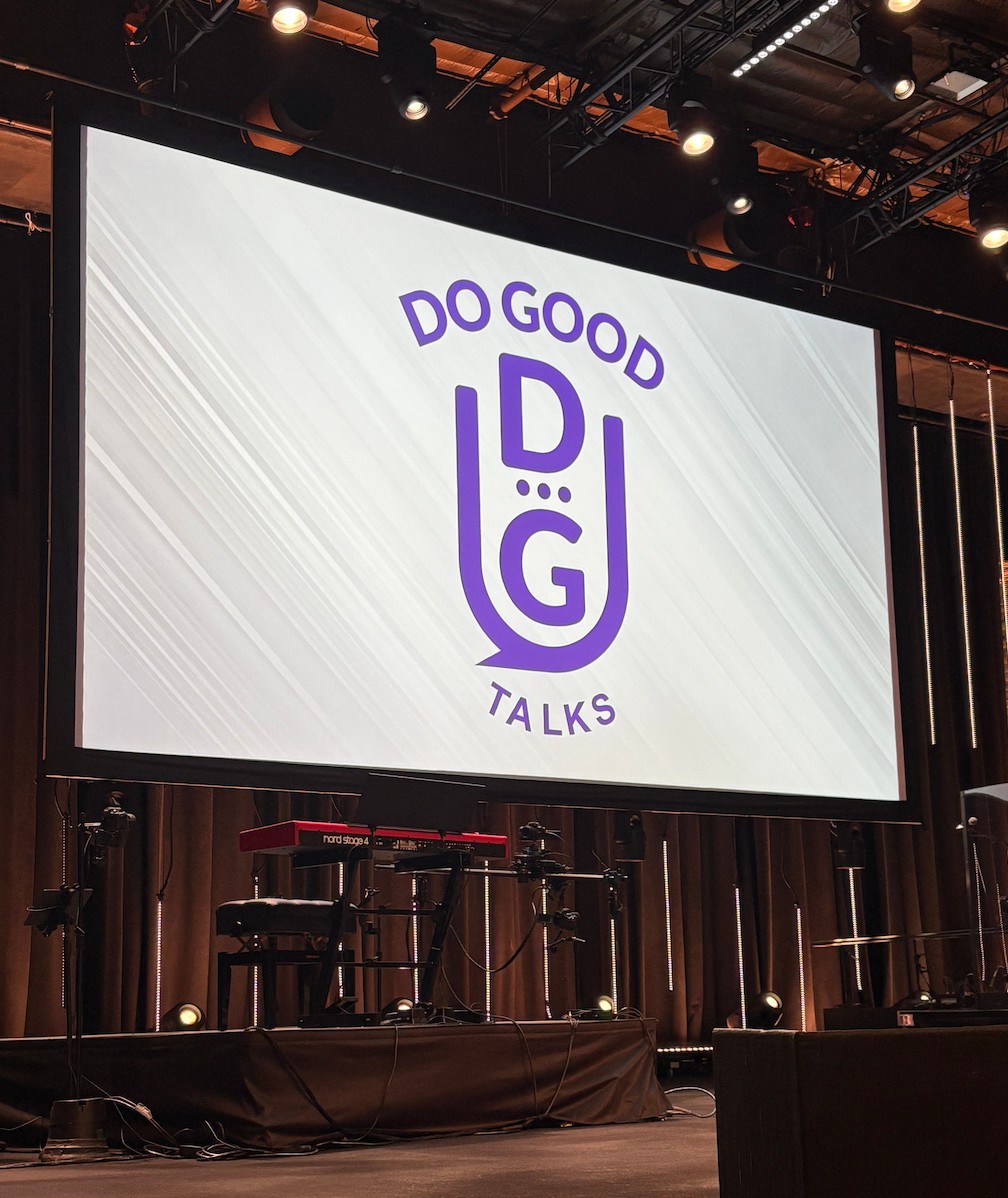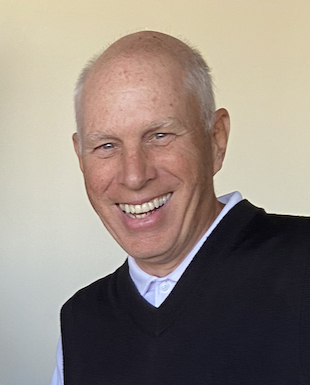We’re excited to introduce you to the always interesting and insightful Lewis Greer. We hope you’ll enjoy our conversation with Lewis below.
Lewis, thanks for joining us, excited to have you contributing your stories and insights. How did you come up with the idea for your business?
Do Good U was born from music.
Gary Dugan and I worked together at high-tech company, but we also went to the same church. He was the pianist there, and whether the music was traditional or modern, choral or solo, he was at the keys and great.
One day he came into my office and asked me if I’d write some lyrics for a song he’d composed. I was not his first choice, but he and I had talked about song lyrics, because finding good songs was a passion of his. As it turned out, though I had never written words to music, we made a great team.
Eventually we wrote enough songs to make an album, which people began to buy. I suggested that we start a company and sell our music online, and we did. That company was called Do Good Music, and I still say today that the name came from heaven. I hadn’t thought about it, but told Gary we wanted to do music, we wanted it to be good music, and we wanted to do good, so the name fit in every way. And we did start the company.
As I was buying the domain name Do Good Music — and this was in 1996 or 1997 — I tried to buy Do Good, but it wasn’t available. The thought came to me that I really wanted others to learn to do good, so I bought Do Good U and Do Good University. I also bought Do Good Books and Do Good Art, thinking Do Good U would be a portal into music, books and art.
We pursued Do Good Music, but didn’t do anything with Books until 2005. We never did anything with Art. Around 2010 we closed down Do Good Music, and I did some other work. Around 2019, I believed it was time for Do Good U to come to life on its own. I talked to several people about some ideas I had, and with their encouragement — but mostly what I thought of as God’s timing — I started the company.
One friend I had a conversation with had been a senior exectuive with a major consulting firm. Others had been business owners, and one was an active private equity investor who had founded an ethics and compliance company. All of them said that what I wanted to do was needed, but that it would be challenging.
We would bring more good into the world through businesses. Business is the change agent for culture, so that was where we would focus. We would change the world for good by helping people and businesses do good.

Awesome – so before we get into the rest of our questions, can you briefly introduce yourself to our readers.
When I’m asked by others what I do (or have done), I often say that I’ve had a dozen careers. They range from tennis to high-tech, from music to management, and from preaching to publishing. It isn’t that I get bored or get fired, though both have happened. I simply ask God, “What am I doing today?” Usually the answer is “Go back to work,” but sometimes it is, “I’ve got an idea.”
In all of those careers I have consistently been a leader, a teacher, a learner, and a writer. Only the context changes. I’ve basically adapted a line from a friend who said, many years ago, “I am a follower of Christ, cleverly disguised as a Senior Vice President at HP.”
In my case, the “disguise” has changed a few times, but the person has not.
Have you ever had to pivot?
I had been the GM of a large athletic club in California and had turned it around from unprofitable to profitable. In doing that, I actually worked myself out of a job and found myself out of work. Less than a week later, a friend at church said he had heard I was no longer at the club, that he had started a high-tech company, and that he was trying to figure out how to hire me. What he really meant was that he was trying to figure out if there was anything I could contribute to his startup.
We began to meet on a weekly basis, and he’d tell me about his company and ask me questions about what I had done in management and work in general. As that was happening I got a job offer from another company, but they wanted me to move to their HQ site in another city, which we weren’t willing to do. So I took a regional job with them, and it seemed to be tailor made for me. I got going, hired an assistant, who did a great job, and we were off and running. But I kept meeting with my friend.
At one meeting he told me — and another fellow who must have been someone like me — that he needed an installation guide written for a piece of software they had developed. One of his support people had been working on it for a month, but they were running out of time. He wondered if one of us could write that, and I said, “I can do that.” I didn’t know what the software was or how to install it, but knew I could learn and knew I could write.
Over the next week I did all of that. The booklet was only 12 pages, but it was good. I had also created a logo for the company, and I presented the book printed and folded and stapled. When my friend saw it he said, “You have to come to work here.”
I thanked him and said I already had a job and I needed to get some sleep!
For the next two weeks I wrestled with what I should do. I prayed, but I also talked to a lot of people. Would I do what, on the surface, looked like a sure thing in every way or would I take a risk and work in an industry I knew little about that was inherently risky?
One day a woman business leader I knew came to my house to discuss something and I shared my dilemma with her. She immediately said I had to work for the startup. “We are in Silicon Valley,” she said. “It is a right of passage to work for a startup.”
I said, “What if it fails?” She said, “Even better.” Every company wants people who have startup experience, and those who have failed and bounced back are every bit as valuable as those who have succeeded.”
And so I pivoted, going from the sure thing to the unsure thing, and it was exactly where God wanted me.
We often hear about learning lessons – but just as important is unlearning lessons. Have you ever had to unlearn a lesson?
I’ve been a leader in many things in life, from Student Council in High School. on. I was not always a good leader or successful, but I often found myself in the leadership role. After years of that, I believed I had done well because people adapted to my personality. Once in a while someone wouldn’t adapt to me and my style, and I thought of them as the anomaly, if not as the problem.
And then I learned that it was my job as the leader to adapt to them, rather than theirs to adapt to me. How? I lost one or two very talented people, but the biggest was starting a company with a good friend who had a very different personality than mine. He was the founder and CEO, I was the COO, and we were often at odds. Only our friendship kept us going. I was trying to lead him, and I had more experience, but it was his idea and his company. If I wanted to lead I needed to adapt.
I wasn’t great at that, but as I got better we did better. Around that time I was called into a ministry role and out of the business, and it was good timing. His business is still going, and most importantly we are still friends. Also, I’m a better leader.
Contact Info:
- Website: https://dogoodu.com
- Facebook: Do Good U;
- Linkedin: https://www.linkedin.com/in/lewis-greer-4317a01/
- Youtube: Do Good U (@dogoodleadership)


